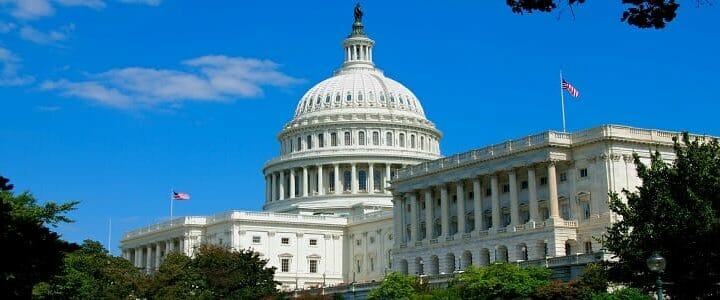The tussle between the White House and Congress is tantamount to watching a volcano’s caldron expand, with the expectation that it will blow at any moment. Today, April 23, may be the showdown moment between Congress and the White House on the topic of the security clearance process and procedures at the White House.
The Committee on Oversight and Reform within the House of Representatives, chaired by Elijah Cummings (D-MD), on April 2, subpoenaed former White House Personnel Director Carl Kline to appear before the committee in connection with the Committee’s investigation into the security clearance process at the White House. The Committee notes that Kline had been asked on four prior occasions to appear before the Committee voluntarily, to which Kline had not responded, and the White House had not compelled him to appear. The subpoena followed, the March 23 Committee interview of “White House Whistleblower” Tricia Newbold.
Executive branch and the legislative branch continue to assert their authorities
Fast forward to April 22, the eve of today’s appearance, we learn that in an April 18 letter to Cummings, Deputy Counsel to the President Michael Purpura requested a representative from the White House to be present to preserve and protect Executive Branch confidentiality interests. To which Cummings had advised Purpura, “The Committee will not permit a representative from your office to attend the deposition.”
Following receipt of Cummings response, White House Acting Chief of Staff to the President, Mick Mulvaney directed that Kline will not appear. Cummings was advised via letter that Kline would not be appearing before the Committee on April 23, effectively placing Kline, who is now working over at the Department of Defense, between a rock and a hard place.
Kline’s counsel Robert Driscoll of McGlinchey Stafford explains in his own letter to Cummings, how the inter-branch dispute between the White House and Congress places his client between two equal branches of government. Driscoll continued that he is thus compelled to instruct his client, Kline, to follow the direction of his employer, the executive branch. To mollify and soften the impact, Driscoll noted that his guidance to his client does not “come from any ill will or deliberate defiance on my part or that of my client.”
Cummings had previously noted that should Kline decline the compulsory appearance to appear before his Committee, that he intends to hold Kline in contempt of Congress.
Today we’ll find out if the adage of the jungle prevails, when elephants fight, the ants get stepped on
No doubt, Kline hopes such is not the case.




